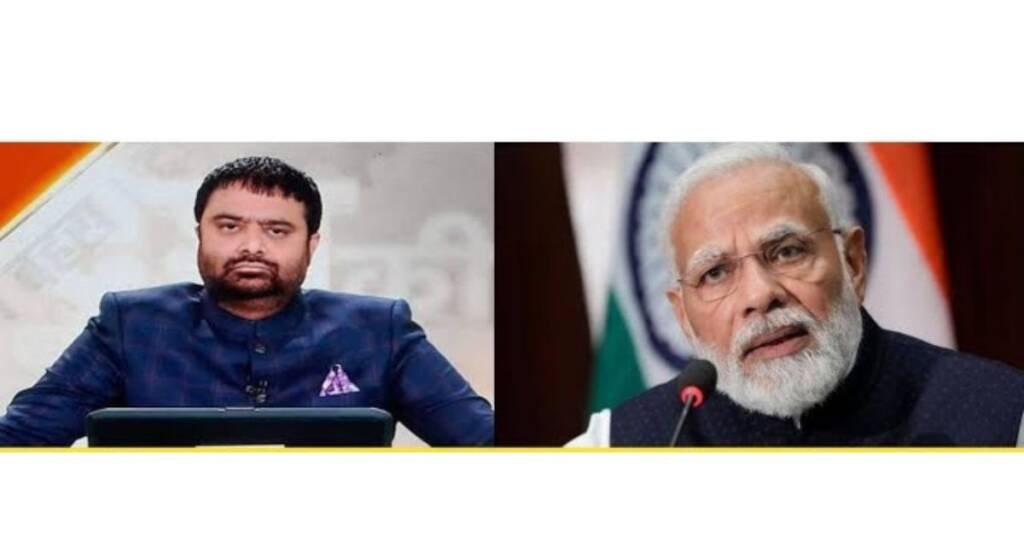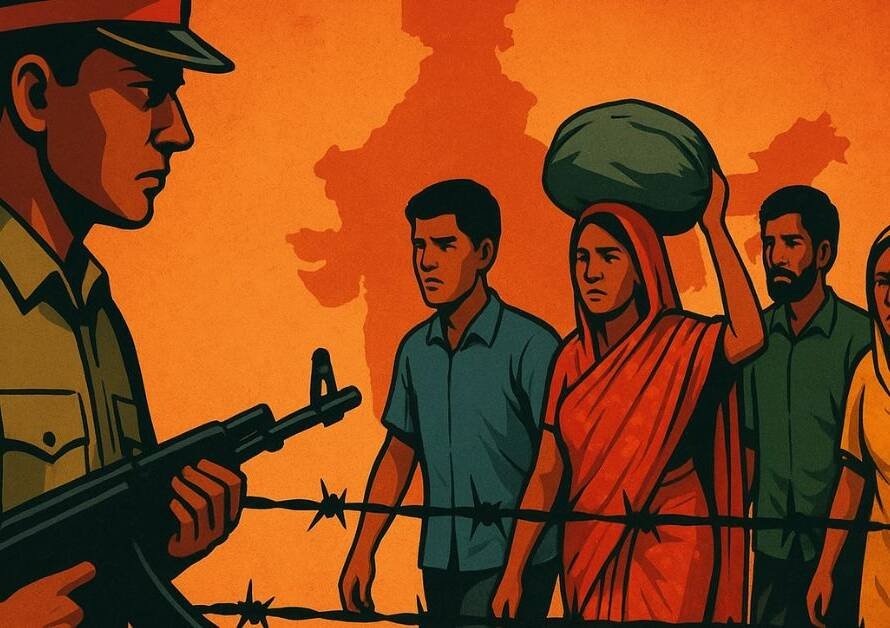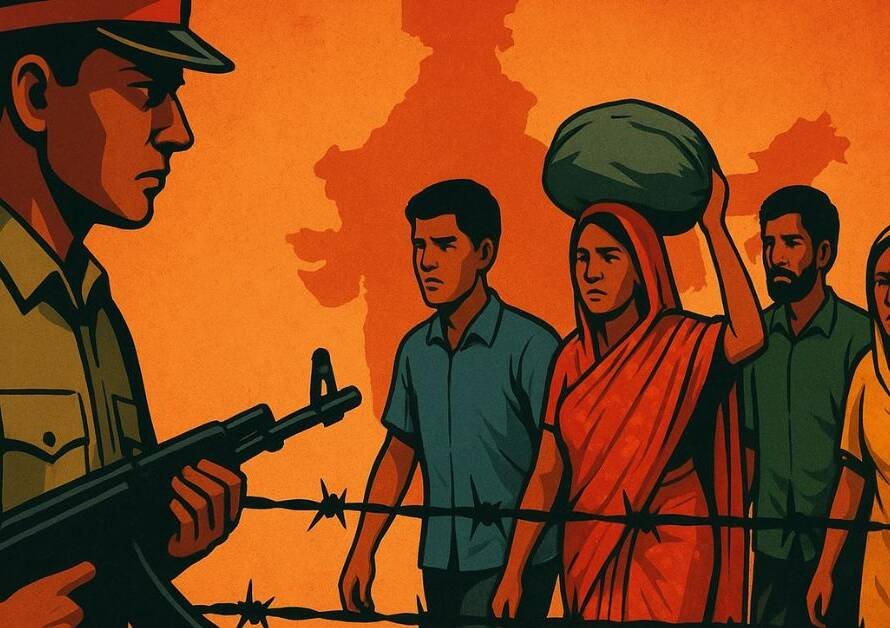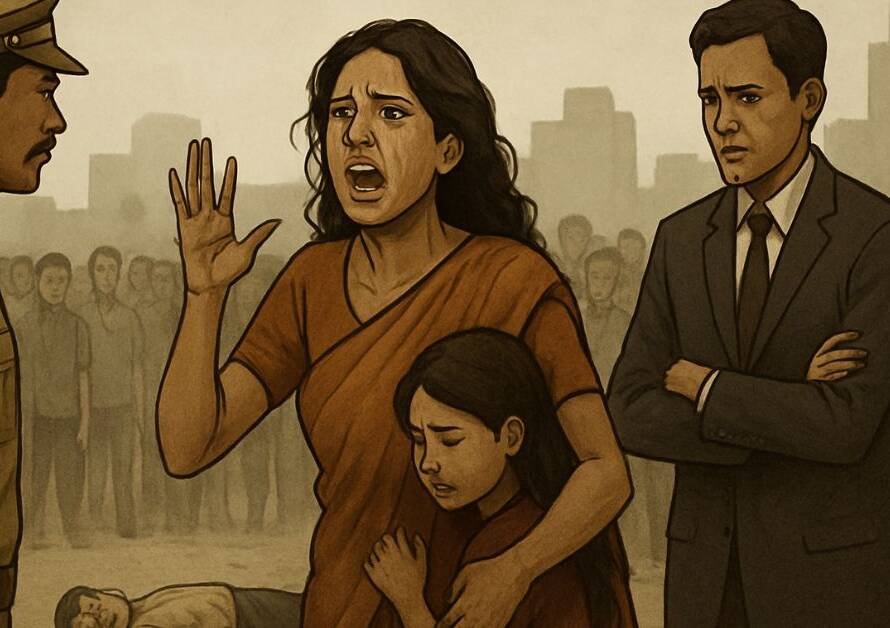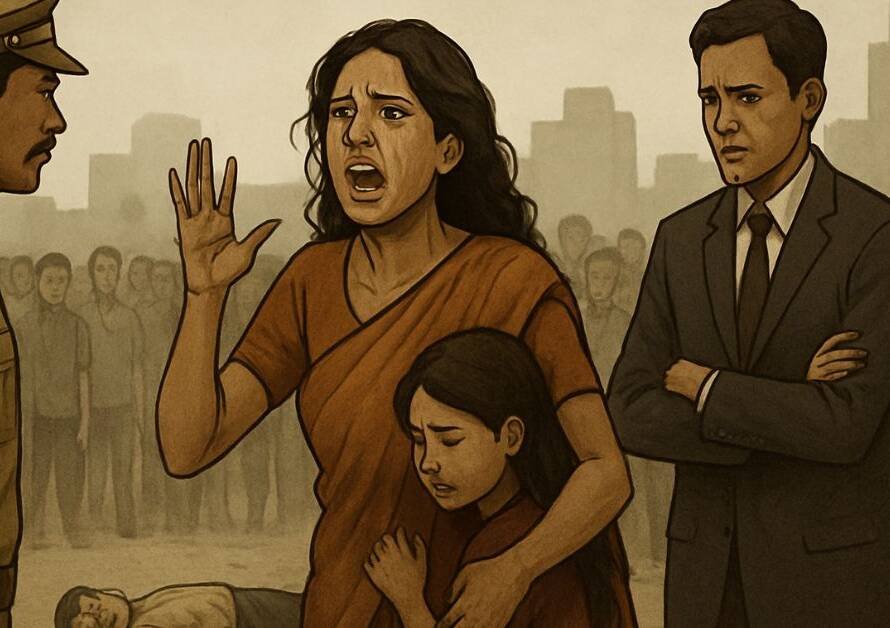In the changing landscape of Indian politics, journalist Deepak Chaurasia offers a unique perspective on understanding the BJP and Narendra Modi’s leadership. His insights highlight the transformations within the BJP and their broader implications on the nation’s political and moral direction.
BJP Before and After Modi: A Story of Transformation
Under Atal Bihari Vajpayee’s leadership, the BJP adhered to high moral and cultural standards inspired by Lord Ram’s ideals—emphasizing morality, dignity, and righteousness. However, these values did not translate into electoral success, and the party struggled to secure a full majority.
Key Examples by Deepak Chaurasia:
Despite major corruption scandals by other parties, the BJP promptly removed its national president, Bangaru Laxman, for accepting a mere ₹1 lakh in bribes.
During the fake coffin scam, Defense Minister George Fernandes resigned, showcasing the party’s accountability. Yet, electoral outcomes remained unchanged.
When corruption charges were leveled against Yeddyurappa in Karnataka, the BJP expelled him, but this did not yield favorable political results.
These instances illustrate that despite moral superiority, the BJP faced challenges in garnering widespread public support.
The Advent of Modi: The Shift from Ram to Krishna
Narendra Modi’s leadership marked a new chapter for the BJP, shifting its path from Lord Ram’s principles to Lord Krishna’s strategic karmayogi approach.
According to Deepak Chaurasia, Modi adopted Krishna’s philosophy, prioritizing the destruction of evil over rigid adherence to morality.
In today’s political environment, surrounded by internal and external threats, Chaurasia argues that morality alone cannot sustain power. To protect the nation, the BJP under Modi employs all necessary means—diplomacy, dialogue, and strategic alliances. Chaurasia asserts that this shift is crucial to counter the conspiracies against India.
Lessons from the Mahabharata
Chaurasia draws parallels from the Mahabharata to emphasize the need for practical politics. He recounts how Krishna instructed Arjuna to kill Karna when his chariot was stuck, underscoring that the protection of sanatan dharma transcends traditional morality.
Similarly, in today’s context, Chaurasia suggests that decisive actions, even if they appear harsh, are vital for safeguarding national interests.
Vajpayee’s Ethics vs. Modi’s Strategy
Reflecting on Atal Bihari Vajpayee’s tenure, Chaurasia recalls how Vajpayee allowed his government to fall by a single vote due to his commitment to ethics. This decision, though morally upright, paved the way for corrupt forces to exploit the nation.
In contrast, Modi’s government prioritizes retaining power to protect the country. From diplomacy to strategic maneuvering, Modi’s BJP ensures past mistakes are not repeated. This pragmatic approach has strengthened the nation’s security and preserved its cultural heritage.
The Importance of Power in Politics
Chaurasia emphasizes that power is the cornerstone of effective governance. Referring to the “upaya-chatushtaya” (the four strategies of diplomacy: conciliation, gifts, punishment, and division), he argues that these methods are indispensable in modern politics. In today’s political climate, there is no room for moral dilemmas when national security is at stake.
A Forgotten Historical Episode
To highlight the transformation under Modi’s leadership, Chaurasia recounts an incident from 1955 when Saudi King Shah Saud visited India. During his visit to Varanasi, temples were concealed, and flags with Islamic symbols were prominently displayed.
In stark contrast, under Modi and Yogi Adityanath’s rule, foreign dignitaries are welcomed with grand displays of India’s spiritual heritage, including participation in the Ganga Aarti and temple visits.
The New Political Dharma
Deepak Chaurasia’s message is clear: in today’s political climate, morality cannot be the sole guiding principle. To protect India’s identity, culture, and religion, retaining power is imperative. Pragmatic politics rooted in strategic action is essential to counter threats and safeguard the nation’s interests.
Jai Hind!

